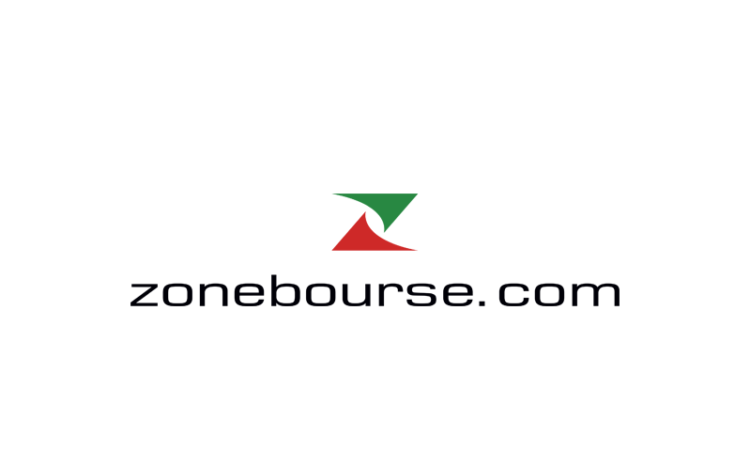
June 6 (Reuters) – U.S. distillate exports to Europe
surged in May to the highest level in more than three years due
to bans of Russian product there, though Russian imports
displaced U.S. fuel in Brazil, according to traders and shipping
data.
Brazil’s government has remained
neutral
since Moscow launched its invasion of Ukraine last year,
and Russian product is gaining market share from U.S., which
typically accounts for most of the South American country’s
imports.
U.S. diesel and gasoil exports to Europe rose to nearly
290,000 barrels per day in May, the highest since August 2019,
according to data from analytics firm Kpler.
“This is both a pull to Europe, which needs supply, as much
as a push away from Brazil, where it is harder to compete on
price,” said a distillate trader.
Russian diesel arrives in Brazil at some 20 to 30 cents per
gallon cheaper than imports from other countries, the head of
the Brazilian association of Fuel Importers (Abicom) said in
April.
In 2022, U.S. diesel still dominated Brazil’s imports of the
product, for a 57.2% market share, while Russia had just 1%,
according to government data compiled by Argus.
Russia has been expanding diesel exports to Brazil in the
face of bans in Europe, a major buyer before Moscow’s invasion
of Ukraine.
In March, U.S. distillate exports to Brazil fell to 44,000
barrels per day, the lowest since 2015, according to the latest
official U.S. government data.
U.S. shipping data shows that exports are falling further.
May exports to Brazil fell to 21,000 barrels per day in May,
according to Refinitiv shipping data.
Meanwhile Brazilian imports of Russian diesel and gasoil are
set to rise. Russia exported 138,000 barrels per day of diesel
to Brazil in May and is expected to export 184,000 barrels per
day for June, according to Kpler data.
(Reporting by Laura Sanicola; Editing by David Gregorio)





